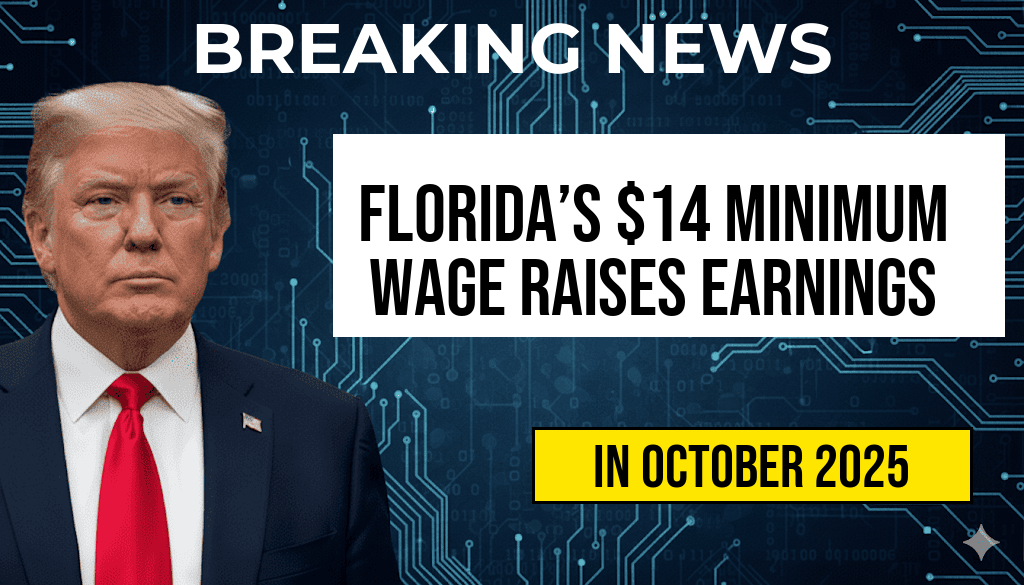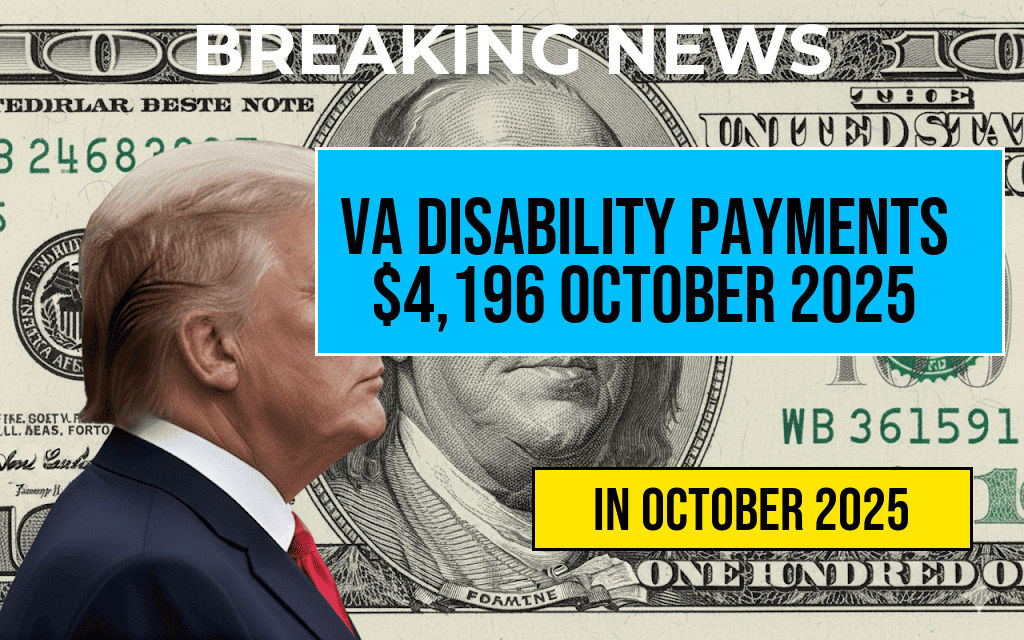Florida’s recent increase to a $14 hourly minimum wage represents a significant step in the state’s ongoing efforts to improve living standards for low-wage workers. Effective as of January 2024, the new wage policy is projected to boost the annual earnings of full-time employees by approximately $2,080. This adjustment aims to address the rising cost of living and reduce economic disparities, particularly among essential workers in sectors such as retail, hospitality, and healthcare. Advocates argue that the increase will provide immediate financial relief and foster economic stability, while opponents raise concerns about potential impacts on employment and business costs. As Florida joins a growing list of states implementing higher minimum wages, the policy underscores a broader national debate over fair compensation and economic recovery strategies amid persistent inflationary pressures.
Details of Florida’s Minimum Wage Increase
Implementation Timeline and Policy Framework
Florida’s minimum wage increased from $13.50 to $14.00 per hour on January 1, 2024, following legislation passed by the state legislature in 2023. This marks the third consecutive annual hike, with the wage set to rise incrementally until reaching $15.00 per hour by 2026, as part of a phased plan to reach a living wage benchmark. The wage hikes are indexed to inflation, ensuring adjustments align with economic conditions in subsequent years.
Projected Financial Impact on Full-Time Workers
| Current Annual Income | Post-Increase Annual Income | Annual Increase |
|---|---|---|
| $27,880 | $30,960 | $3,080 |
Assuming a standard full-time schedule of 40 hours per week and 52 weeks per year, workers earning the minimum wage will see their gross annual income rise from approximately $27,880 to about $30,960. This equates to a $2,080 increase in earnings, providing a tangible financial uplift for many in the workforce.
Economic and Social Implications
Benefits for Workers and Local Economies
- Increased Purchasing Power: The wage hike enhances disposable income for low-wage earners, supporting local retail, dining, and service industries.
- Reduced Poverty Levels: A higher minimum wage can help lift workers above poverty thresholds, decreasing reliance on government assistance programs.
- Workforce Stability: Better compensation may lead to reduced turnover and improved morale among essential workers.
Potential Challenges and Criticisms
- Business Cost Concerns: Small businesses and hospitality sectors may face increased operating expenses, prompting debates over employment levels and profit margins.
- Employment Effects: Some economic models suggest that significant wage hikes could lead to reduced hiring or increased automation, although empirical data remains mixed.
- Regional Variations: Critics argue that uniform wage increases might not account for cost-of-living differences across Florida’s diverse regions.
Broader Context and Future Outlook
Florida’s move aligns with a national trend toward higher minimum wages, with states like California, New York, and Colorado having implemented similar policies. The state’s phased approach allows businesses time to adapt, but the long-term effects remain subject to ongoing analysis. Economists continue to debate whether such wage policies stimulate economic growth or pose risks to employment, especially in sectors heavily reliant on low-wage labor. The Florida Legislature has expressed commitment to monitoring the impact of these increases and adjusting policies as needed to balance economic vitality with worker protections.
Links to Further Reading
- Wikipedia: Minimum Wage
- Forbes: Florida’s Wage Hike and Its Economic Impact
- Florida Department of Economic Opportunity: Minimum Wage Info
Frequently Asked Questions
What is the new minimum wage in Florida?
The **new minimum wage** in Florida has been increased to **$14 per hour**.
How much will full-time workers earn annually with the new wage increase?
Full-time workers will see their **annual earnings** boost by approximately **$2,080** due to the wage increase.
When did Florida implement the new minimum wage?
Florida’s **$14 hourly minimum wage** was officially implemented on **October 1, 2023**.
Who is affected by the minimum wage increase?
The **wage increase** affects **full-time workers** earning minimum wage across various industries in Florida.
What is the significance of the wage increase for Florida’s economy?
The **increase in minimum wage** aims to improve **workers’ earnings** and stimulate the **local economy** by increasing consumer spending.








